Former Chelsea midfielder seeks £56m in damages over contract dispute
Ex-Chelsea, Arsenal and Real Madrid midfielder Lassana Diarra is suing FIFA and the Royal Belgian Football Association (RBFA) for damages worth £56 million (€65m)
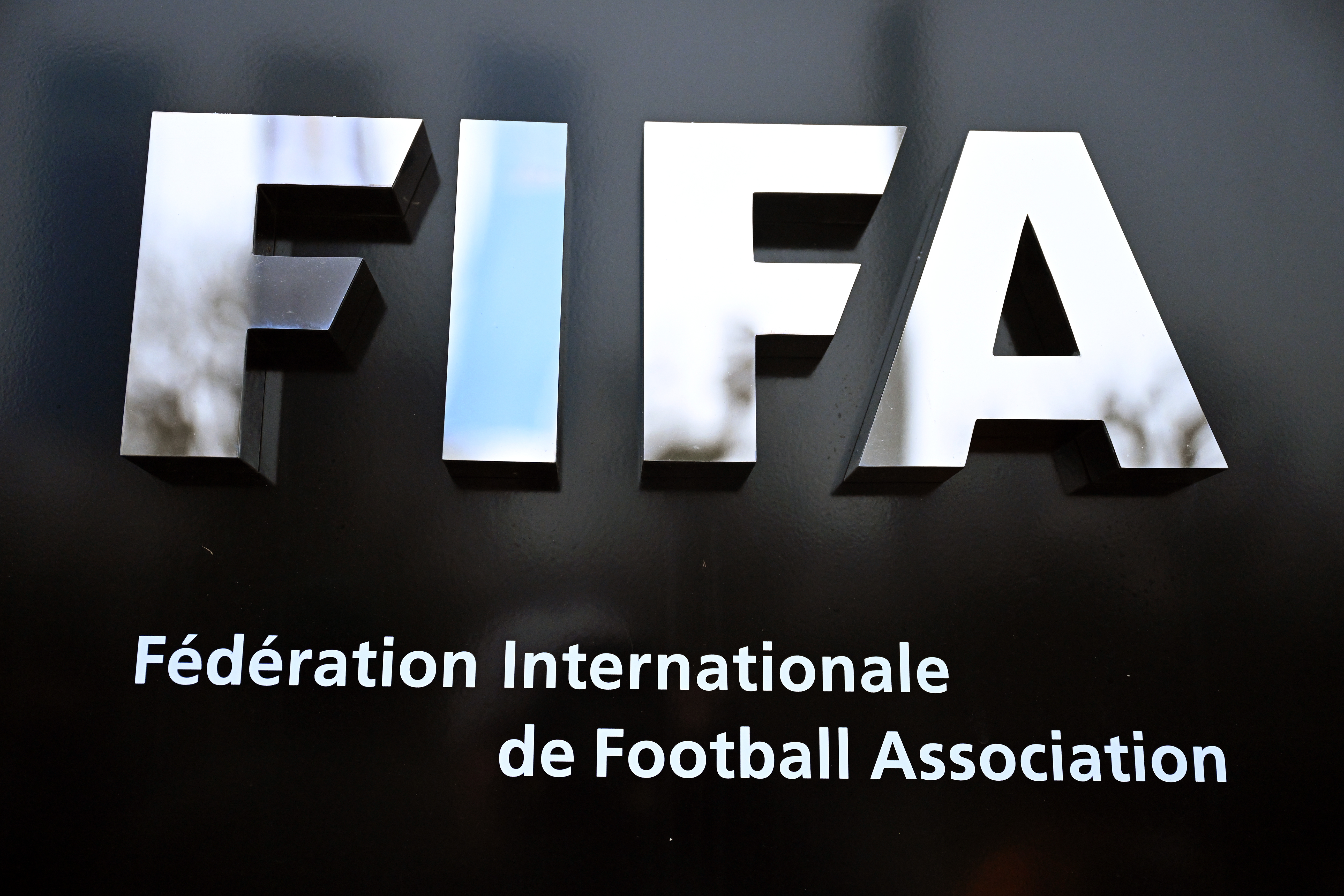
The best features, fun and footballing quizzes, straight to your inbox every week.
You are now subscribed
Your newsletter sign-up was successful
Want to add more newsletters?
Join the club
Get full access to premium articles, exclusive features and a growing list of member rewards.
Former Premier League midfielder Lassana Diarra has won an appeal against a Court of Arbitration for Sport (CAS) ruling which saw him pay out €10m to former club Lokomotiv Moscow almost 10 years ago.
The 40-year-old retired from the game back in 2019 after a spell with Paris Saint-Germain, having previously represented Premier League trio Arsenal, Chelsea and Portsmouth.
Diarra arrived at Stamford Bridge as a 20-year-old from noteworthy French academy Le Havre, going on to make 20 league appearances for the Blues and Arsenal following a 2007 switch to the Emirates' Stadium.
Lassana Diarra seeks £56m in damages from FIFA
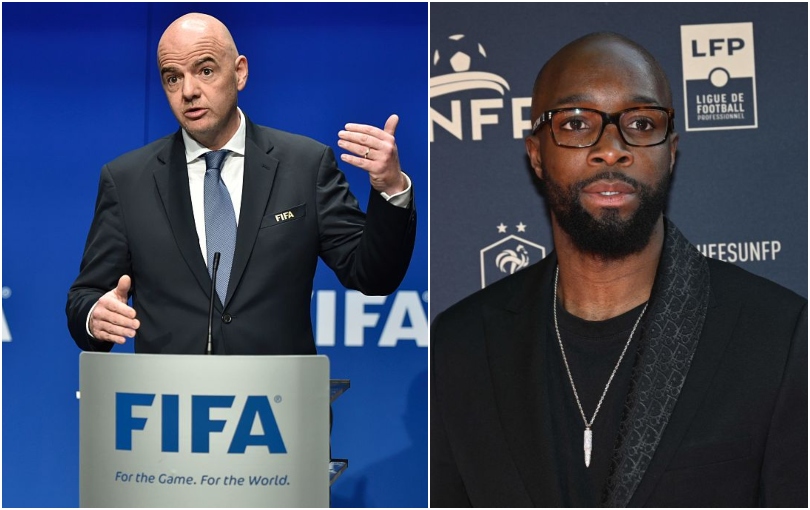
A season, in which he featured more prominently, with Portsmouth during 2008-09 yielded a transfer to Spanish giants Real Madrid where he spent three years, playing over 100 times across all competitions, before moving on to Russia.
Diarra appeared for Anzhi Makhachkala and then Lokomotiv Moscow but fell out with the latter's head coach Leonid Kuchuk, resulting in the Russian club attempting to cut his salary. Diarra subsequently went on strike and refused to train which ended in his contract being torn up and Lokomotiv seeking damages.
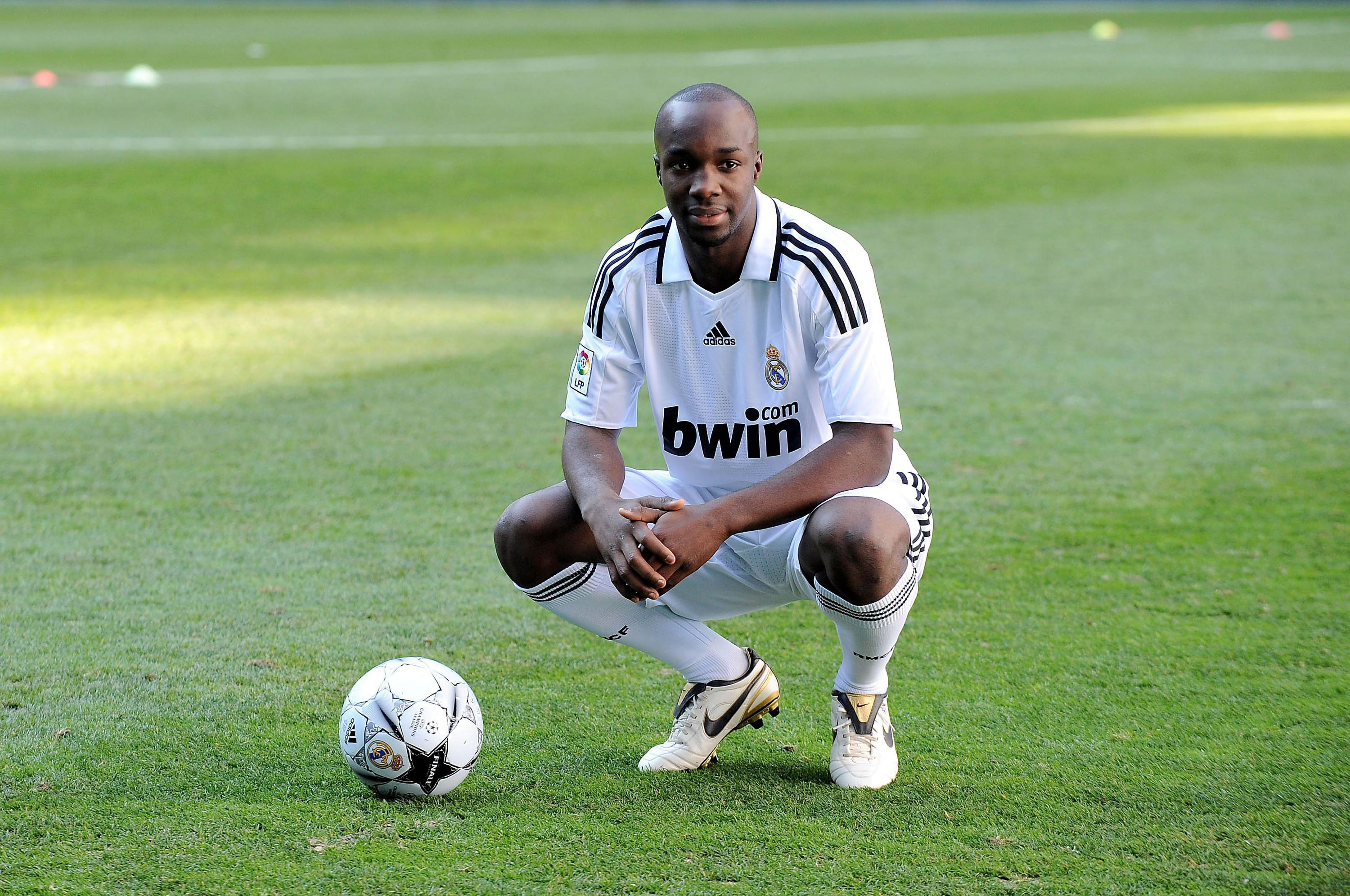
Almost two years after Diarra's Lokomotiv exit, he was ordered by CAS to pay the Russian side €10m for breach of contract, a charge the player and FIFPRO (Fédération Internationale des Associations de Footballeurs Professionnels) union dispute.
Diarra was also suspended from professional football for 15 months, which by the time he was ordered to pay damages, had already served, however, the case had hampered his attempts to find a new club in the interim.
The best features, fun and footballing quizzes, straight to your inbox every week.
The midfielder had received a contract proposal from Belgian club Sporting Charleroi, but the team withdrew their offer due to the risks associated with potentially contravening FIFA's rules on player transfers. Diarra challenged the decision, alleging it prohibited his right to free movement in the European Union.
In October 2024, the Court of Justice of the European Union (CJEU) ruled favourably in Diarra's case, deeming FIFA's player contract rules to have violated EU law. A period of negotiation about a potential settlement followed between Diarra's legal representatives and FIFA, although that has not been reached.
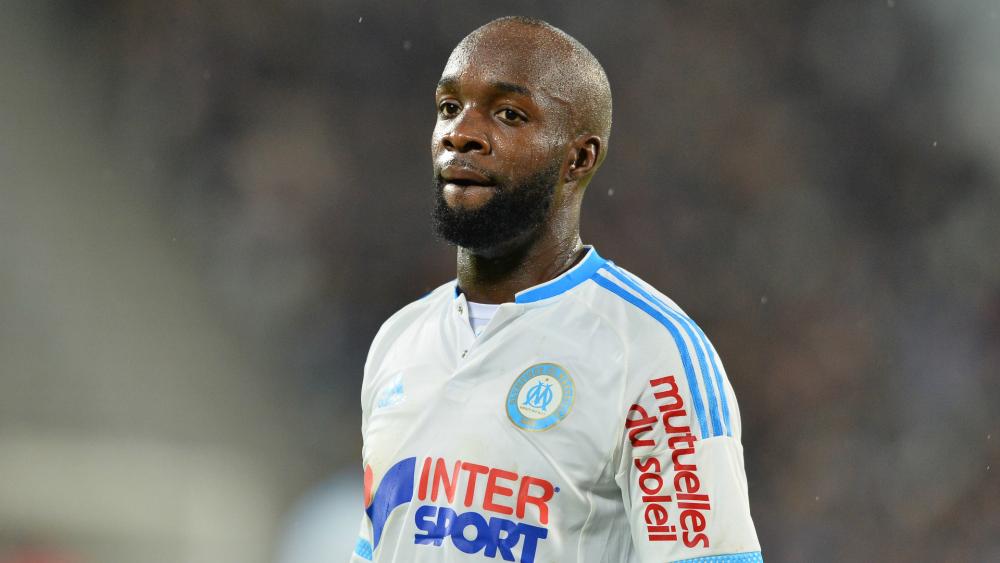
As a result, Diarra is seeking €65m from FIFA and the RBFA, citing damages to his career, supported by FIFPRO and French player union UNFP.
"An independent economic analysis has confirmed substantial damages suffered by Lassana Diarra throughout his career as a result of FIFA's restrictive transfer regulations. Based on this expert assessment, Lassana Diarra is seeking full compensation from FIFA and the Belgian Football Association, with interest continuing to accrue until payment," a statement on FIFPRO's website read.
What does this CJEU ruling mean for players?
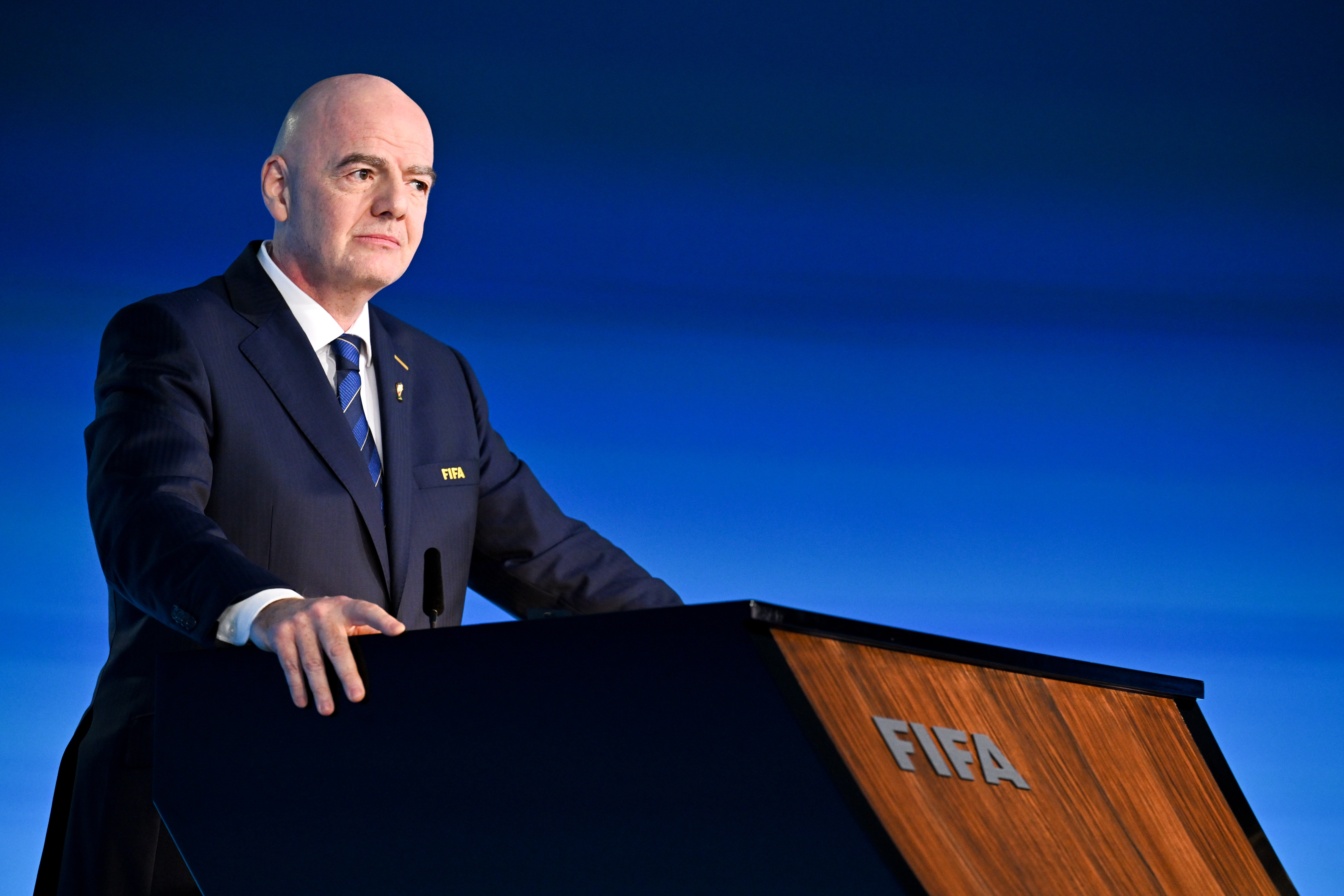
The ruling classifies professional footballers as workers and therefore EU and labour law applies to them.
Consequently, there should now be greater clarity and protection for players in the process of, or considering, contract termination.

Joe joined FourFourTwo as senior digital writer in July 2025 after five years covering Leeds United in the Championship and Premier League. Joe's 'Mastermind' specialist subject is 2000s-era Newcastle United having had a season ticket at St. James' Park for 10 years before relocating to Leeds and later London. Joe takes a keen interest in youth football, covering PL2, U21 Euros, as well as U20 and U17 World Cups in the past, in addition to hosting the industry-leading football recruitment-focused SCOUTED podcast. He is also one of the lucky few to have 'hit top bins' as a contestant on Soccer AM. It wasn't a shin-roller.
You must confirm your public display name before commenting
Please logout and then login again, you will then be prompted to enter your display name.
 Join The Club
Join The Club










